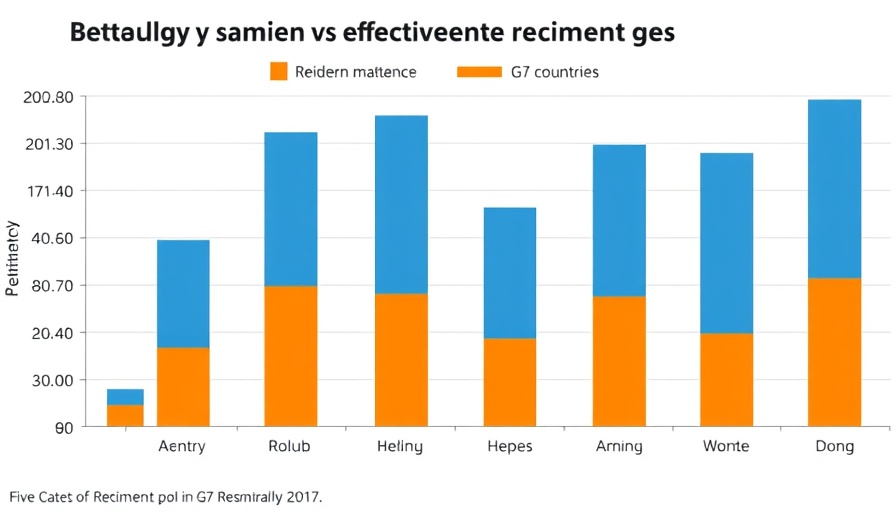
Why Gen Z is Choosing Blue-Collar Work
In an era where job security is a growing concern among new entrants to the workforce, 42% of Generation Z adults are pivoting towards blue-collar and skilled trade jobs. This significant shift reflects their desire for reliable career paths amid the looming fear of job displacement due to AI and automation.
Education vs. Employment Opportunities
Surprisingly, many of these individuals hold bachelor’s degrees but have found themselves dissatisfied with the outcomes of their educational investments. A report from Resume Builder shows that 37% of respondents possess a degree, yet they cite practical reasons for their career choices. Key factors influencing this trend include the inability to find jobs in their degree fields (19%) and disillusionment with the earnings tied to those degrees (16%).
The Quest for Job Security
Especially among men, whom data shows are more likely to pursue skilled trades, the appeal of blue-collar work comes from the perception of stability. As Stacie Haller, a chief career advisor, articulates, many believe that hands-on jobs are less prone to automation, making them a safer bet in an ever-evolving job market.
Financial and Emotional Factors at Play
For many Gen Z workers, the financial implications are critical. Blue-collar roles often lead to quicker financial independence, allowing individuals to start earning right away and avoid the burdens of student debt. In fact, 60% of respondents without degrees specifically cited the desire to earn income sooner as their main motivation for choosing this path.
Implications for Talent Management Strategies
This trend carries significant implications for talent acquisition and management. As the labor market shifts, leaders in HR and organizational development may need to adjust their workforce strategies to foster a high-performance culture that values blue-collar careers. Effective succession planning and employee engagement become vital in leveraging this evolving workforce to maintain competitive performance metrics.
In this rapidly changing employment landscape, it's crucial for operational leaders to adapt their approaches. By embracing a people-first leadership philosophy, organizations can tap into the potential of this new wave of skilled tradespeople, thereby optimizing workforce capabilities for better overall performance.
 Add Row
Add Row  Add
Add 




Write A Comment